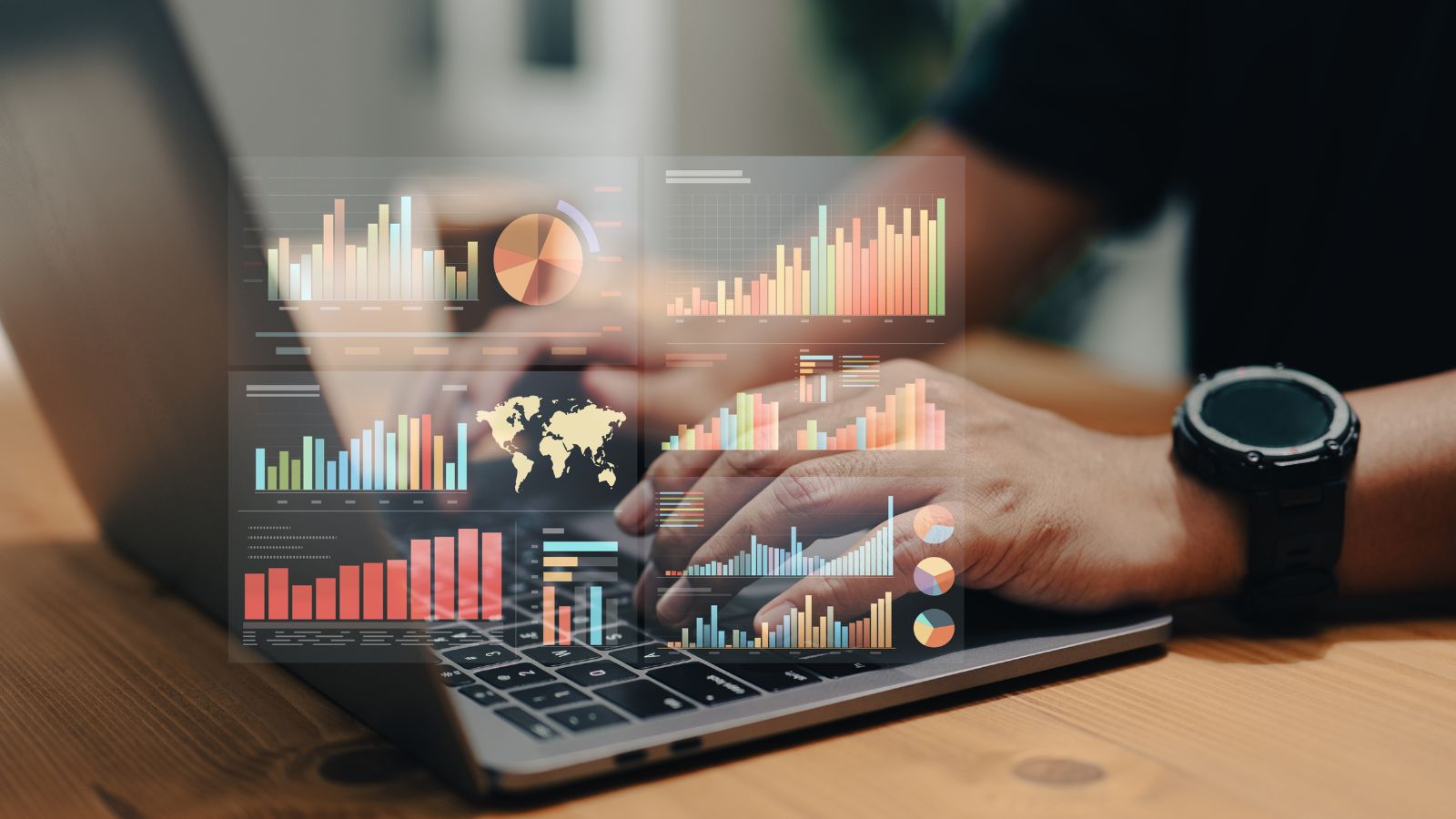In today’s digital age, data has become an invaluable resource, shaping everything from the products we buy to the content we consume. But behind the scenes, a complex web of algorithms and data analytics is quietly influencing our choices. We look into 20 shocking truths about how big data is manipulating your decisions, and what you can do to take control:
Personalized Ads Influence Your Purchases

Every time you search for a product or browse online, you’re leaving a digital trail. Big data companies collect this information and use it to show you personalized ads, which are designed to nudge you toward making specific purchasing decisions, often playing on your subconscious desires or interests.
Algorithms Shape What You See

What you see in your social media feed, search engine results and even news recommendations is determined by algorithms that use big data. These algorithms prioritize content that will keep you engaged, often amplifying information that aligns with your previous interests, limiting exposure to diverse viewpoints.
Dynamic Pricing Targets You

E-commerce platforms often use dynamic pricing, adjusting prices based on data like your location, browsing history, or even the type of device you’re using. Big data allows companies to charge different prices to different customers, sometimes exploiting your willingness to pay more.
Retailers Predict Your Future Purchases

Retailers are using big data to predict what you’re likely to buy next, often before you even know you want it. By analyzing past purchases, browsing behavior and demographic data, companies can make accurate guesses about your upcoming needs and tailor their marketing strategies accordingly.
Emotional Manipulation in Marketing

Big data can detect your emotional state through factors like the time of day you browse, the types of posts you engage with and even your language usage. Marketers can then target you with messages designed to manipulate your mood, encouraging impulsive purchases when you’re feeling down or insecure.
Social Media Engagement is Engineered

The likes, comments and shares you see on social media are carefully engineered through big data analytics to keep you scrolling. These platforms know what types of content are most likely to get you to engage, which means they often prioritize divisive, sensational, or emotionally charged material.
Political Campaigns Are Tailored Just for You

Big data has transformed political campaigning. Campaign teams use it to target voters with highly personalized messages designed to sway opinions or encourage specific voting behaviors. They can even pinpoint undecided voters and bombard them with content that will appeal to their biases.
Credit Scoring Systems Are Watching

Big data is deeply embedded in financial systems, including how your credit score is calculated. Your spending habits, bill payment history and even the types of loans you’ve taken out are constantly analyzed, impacting your financial opportunities and access to credit.
Health Data Is Monetized

Wearable fitness trackers and health apps collect vast amounts of personal data, including your exercise habits, heart rate and sleep patterns. This data is often sold to third parties, including insurers and marketers, who can use it to influence decisions about premiums, products and services.
Surveillance in the Workplace

Many employers use big data to monitor employee behavior. From tracking productivity metrics to analyzing email communication patterns, companies can use data to make decisions about promotions, firings, or even workplace culture adjustments. This surveillance often happens without employees’ full knowledge.
Manipulating Your Time Online

Big data is used to design platforms that keep you online for as long as possible. From social media to video streaming services, these platforms are optimized to maximize “time spent,” often by analyzing your behavior and serving up content that’s hard to resist.
Behavioral Prediction Tools

Big data doesn’t just track what you’ve done; it’s increasingly used to predict what you will do. Based on patterns in your online activity, companies can predict future behaviors, from what you’ll buy to how you’ll vote and then use this information to manipulate your decisions subtly.
Biased AI Systems

Artificial intelligence (AI) powered by big data can carry human biases if the data it’s trained on is biased. This means that AI-driven decision-making tools, such as hiring algorithms or law enforcement tools, can perpetuate inequalities by making decisions based on flawed or biased data.
Recommendation Engines Are Selling to You

Whether you’re on Netflix, YouTube, or Amazon, recommendation engines are hard at work suggesting content or products for you. These suggestions aren’t just there for convenience; they’re designed to subtly steer you toward content or purchases that align with the platform’s profit goals.
Online Reviews Can Be Manipulated

Companies can use big data to monitor and manipulate online reviews. By identifying negative trends early, they can encourage satisfied customers to post positive reviews, downplay complaints, or even use bots to generate fake positive reviews, skewing your perception of a product or service.
Location Tracking Steers You to Stores

Big data tracks your physical location through apps and GPS data, often without your explicit awareness. Retailers and advertisers use this information to push location-based ads or promotions, subtly steering you to nearby stores or services.
Data Brokers Know More Than You Think

Data brokers collect and sell your personal information to companies, often without your knowledge or consent. These brokers aggregate data from social media, public records, shopping habits and more, enabling companies to craft highly targeted marketing campaigns or make decisions about you.
Influencers Are Data-Driven

Social media influencers often seem authentic, but behind the scenes, their content is driven by big data analytics. Brands use data to determine which influencers have the most sway over specific audiences, allowing them to carefully craft messages designed to subtly influence purchasing decisions.
Facial Recognition Technology

Facial recognition is becoming more widespread, used by law enforcement, retailers and even advertising companies. This technology, powered by big data, can track your movements in public places and analyze your emotions, leading to more personalized and potentially invasive, advertising and surveillance.
Filter Bubbles Limit Your Worldview

Big data creates “filter bubbles” by showing you content that aligns with your existing beliefs and interests, reinforcing your viewpoints while shielding you from opposing perspectives. This can distort your understanding of the world and subtly manipulate your opinions and decisions.
18 Reasons Why People Are Leaving Florida in Masses

Exploring factors that impact the desirability of living in Florida, this list delves into various challenges shaping residents’ experiences. From environmental concerns like rising sea levels to economic factors such as fluctuating job markets, these issues collectively contribute to a nuanced understanding of the state’s appeal.
18 Reasons Why People Are Leaving Florida in Masses
